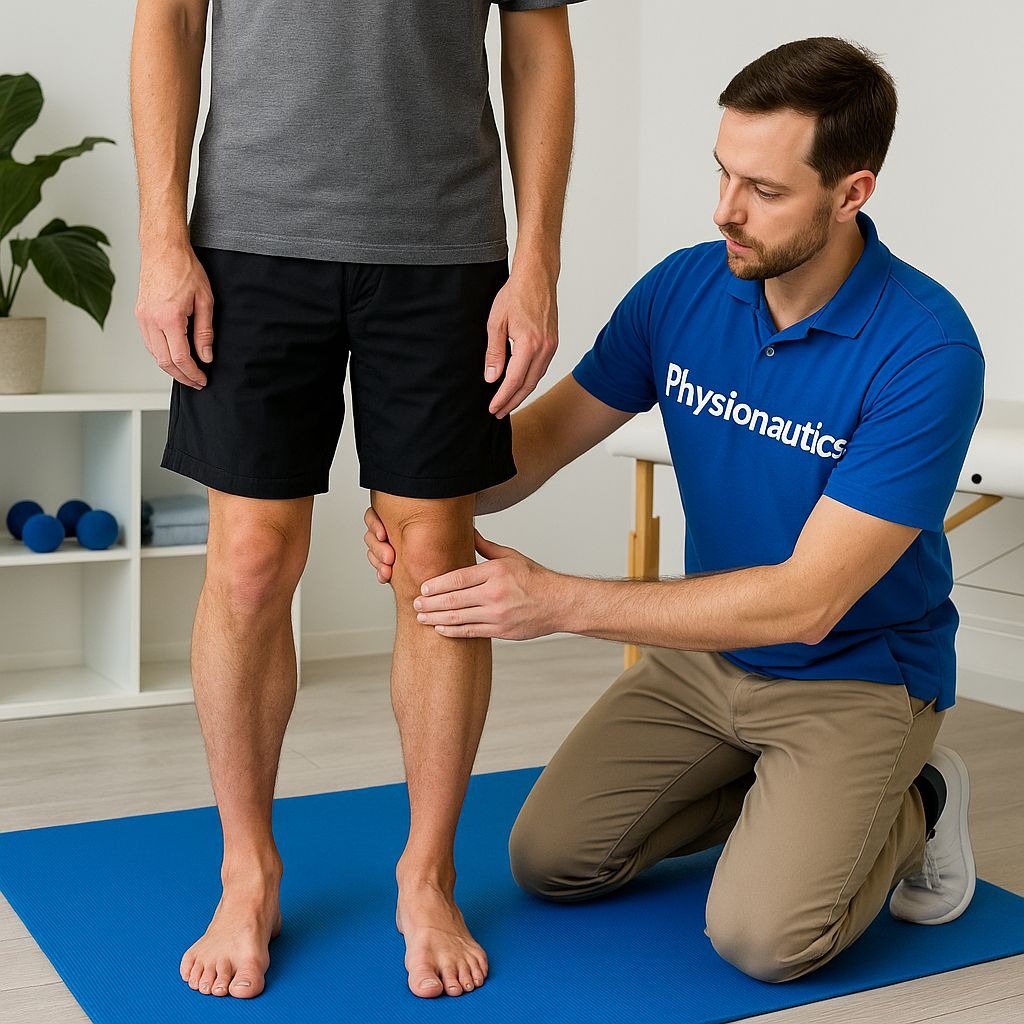



Pre-Operative Physiotherapy: Healing Starts Before Surgery When we hear the word 'surgery, ' most of us think of it as the beginning of treatment. But in many cases, recovery and healing can actually begin before the surgery even happens. This is where pre-operative physiotherapy, often called 'prehab, ' comes in. It’s a proactive approach that helps prepare your body and mind for surgery, making recovery smoother, faster, and more effective. Pre-operative physiotherapy involves a combination of personalized exercises, breathing techniques, pain management strategies, and education. The goal is to get your body into its best possible shape before surgery. Just like an athlete trains before a big event, your body needs a little help to get strong, flexible, and ready to face the physical stress of surgery. This can reduce the chances of complications, shorten hospital stays, and help you bounce back more quickly. In some cases, physiotherapy before surgery doesn’t just help you recover—it might even help you avoid surgery altogether. Conditions like knee osteoarthritis, slipped discs, frozen shoulders, and ligament injuries (like ACL tears) often improve significantly with the right physiotherapy program. For example, people with early-stage arthritis in the knee can benefit from exercises that strengthen muscles around the joint, reduce pain, and improve movement—potentially delaying or eliminating the need for a knee replacement. Similarly, structured spine rehab programs can help people with slipped discs avoid spinal surgery by relieving nerve pressure through movement correction and muscle strengthening. Shoulder issues like impingement or rotator cuff injuries can often be managed with a focused rehabilitation plan, avoiding the need for surgery. Even ligament injuries, like ACL tears, don’t always need surgical repair—especially for those who aren’t professional athletes. And in the case of frozen shoulder, physiotherapy can completely resolve the stiffness and pain with proper stretching and joint mobilization techniques. Modern physiotherapy has come a long way from just basic exercises. Today’s pre-operative rehab programs often include advanced treatment techniques like manual therapy (hands-on joint and muscle work), dry needling (to release tight muscles), electrotherapy like TENS for pain relief, and even cupping therapy to improve blood flow and reduce tension. There are also breathing exercises, particularly helpful before abdominal or lung surgeries, to keep your lungs strong and reduce the risk of post-surgery complications like pneumonia. When you start a prehab program, your physiotherapist will first do a detailed assessment—checking how your body moves, where your strength lies, and what needs improvement. Together, you’ll set realistic goals and follow a personalized plan designed to improve strength, flexibility, and pain levels. You’ll also learn techniques to help you move better after surgery—like how to use crutches, get out of bed safely, or protect your joints. In conclusion, surgery might sometimes be unavoidable, but the road to recovery can be made much easier with the right preparation. And in many cases, you might not need to take that road at all. Pre-operative physiotherapy gives you control, confidence, and a head start in healing. So if you’re dealing with a painful condition or waiting for surgery, don’t wait to start your journey—talk to a physiotherapist and explore how prehab can help.
We hate spam too.